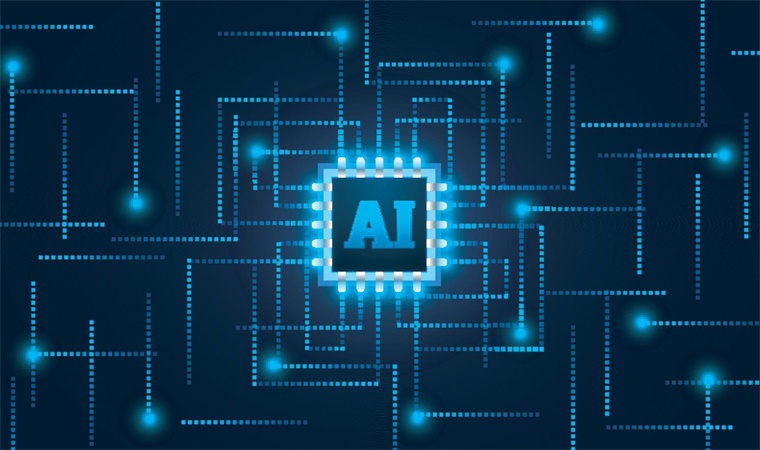In recent years, artificial intelligence has been increasingly used in various fields, and its creative capabilities have also attracted much attention. Especially in the field of poetry creation, whether artificial intelligence can match or even surpass humans has always been the focus of discussion. The editor of Downcodes brings you a new study, which explores the latest progress of artificial intelligence in poetry creation by comparing the works of artificial intelligence and human poets, and reveals its surprising results.
A recent study shows that readers have difficulty distinguishing between works written by human poets and poems generated by artificial intelligence when appreciating poetry. What is even more surprising is that many subjects rated the poetry created by AI even higher than the works of famous poets. The research was conducted by Brian Porter, a postdoctoral researcher at the University of Pittsburgh, and his team, and the results were published this week in Nature Scientific Reports.

Picture source note: The picture is generated by AI, and the picture authorization service provider Midjourney
The research team selected ten famous poets in English literature, including Geoffrey Chaucer, William Shakespeare, Walt Whitman, etc., and collected literary works spanning nearly 700 years. In order to explore the differences between AI and human poetry, the researchers asked OpenAI's ChatGPT3.5 model to generate five poems by each poet. It is worth noting that these generated poems were not screened by humans, and the researchers directly selected the top five poems generated by the model.
The research was conducted in two parts. In the first part, 1,634 participants were randomly assigned to one of the poets and read ten poems in random order - five generated by AI and five composed by humans. Participants were asked to determine whether the author of each poem was an AI or a human. The results showed that participants were more likely to believe that AI-generated poems were written by humans;
The second part of the study involved nearly 700 subjects, who rated the poems on 14 characteristics including quality, beauty, emotion, rhythm and originality. The subjects were randomly divided into three groups. One group was told that the poem was written by a human, the other was told that it was created by AI, and the last group was not given any prompts. The results showed that subjects without any prompts generally gave higher scores to AI-generated poems, but when subjects knew that the poems were created by AI, they were more inclined to give them lower scores.
The researchers say these findings suggest that participants used some common but unreliable criteria when judging AI and human poetry. Due to their relative simplicity, AI-generated poems may be easier to understand by non-professionals, leading them to prefer AI works and misunderstand the complexity of human poems as meaningless works. The results of this study show that AI's capabilities in the field of poetry creation have reached a level that is almost indistinguishable from human works.
The results of this research have triggered people's in-depth thinking on the creative capabilities of artificial intelligence, and also provided new directions for the future application of artificial intelligence in the field of artistic creation. The advancement of artificial intelligence not only challenges the traditional art creation model, but also brings new perspectives to human understanding and appreciation of art. The editor of Downcodes will continue to pay attention to the development of artificial intelligence technology and its impact.